Top 5 Technological Trends Redefining HR Management
Human resources (HR) management plays a pivotal role in building a strong workforce, ensuring the best human capital, and enhancing employee experiences. As remote work has become the norm post-pandemic, HR departments worldwide are now tasked with overcoming new challenges in hiring, managing, and retaining talent from afar. Innovative technology is transforming HR practices, offering solutions that support remote operations and improve recruitment, employee management, and overall workforce productivity.
In this post, we explore five key technological trends that are reshaping HR management, especially in a remote setting, along with some hand-picked HR applications that can enhance productivity and support business growth.
1. Big Data: Unlocking Insights for HR
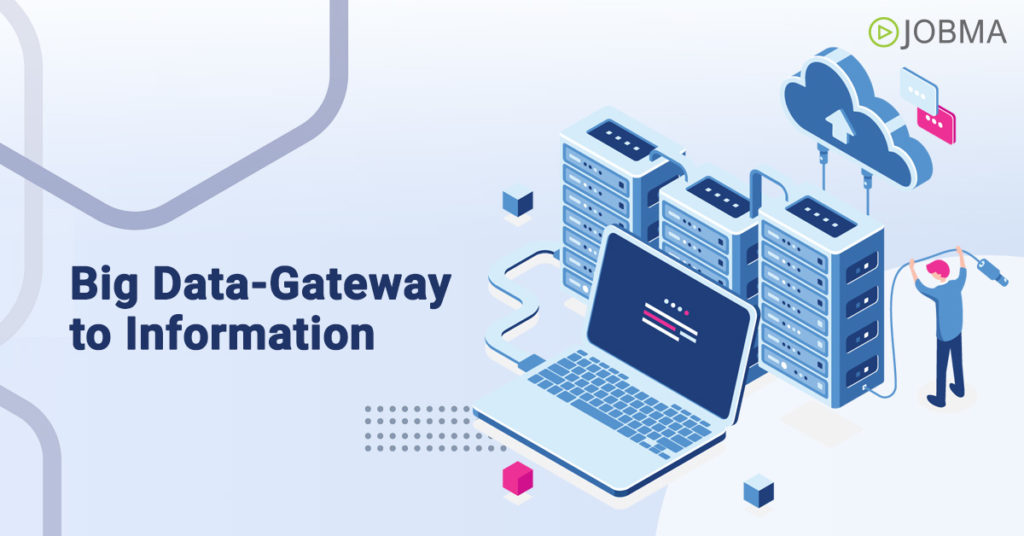
Big Data is transforming HR by enabling data-driven decisions that lead to more effective recruitment and workforce management. Through vast and growing collections of data, HR professionals gain deep insights into candidate suitability, engagement levels, and employee retention trends. Big Data fosters evidence-based hiring practices, shifting decisions from intuition to analytics. These data-driven approaches often intersect with emerging trends in AI, where predictive algorithms and machine learning further enhance talent insights and workforce forecasting.
For example, data-driven analytics help recruiters identify the most suitable candidates for open roles, supporting comprehensive, evidence-backed hiring decisions. A recent survey shows that 86% of organizations now use analytics and video interviewing software to maintain effective hiring processes, a marked increase since pre-pandemic times. This shift reflects Big Data’s influence in elevating the HR landscape to one driven by accurate, actionable insights.
2. Mobile Apps: Driving Flexibility and Connectivity
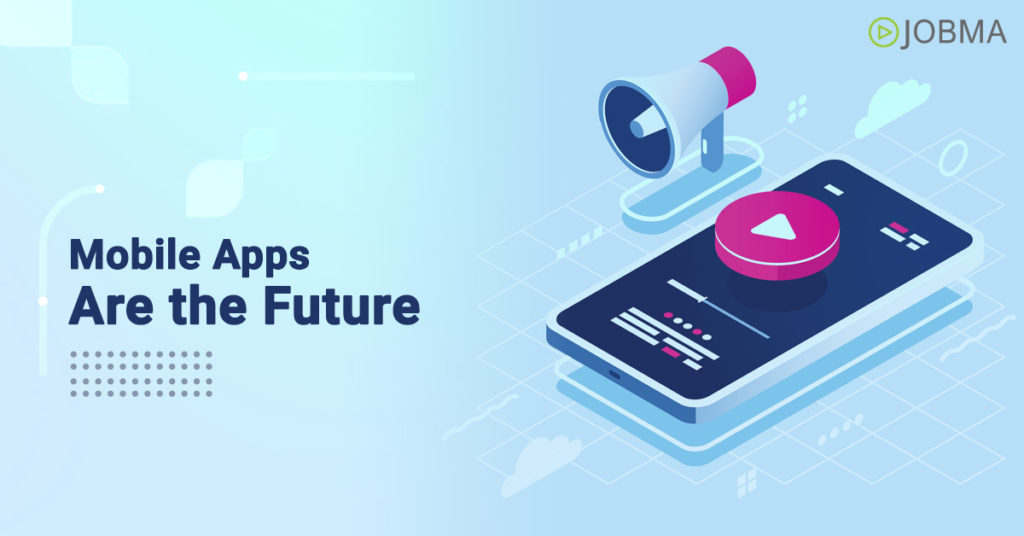
Mobile applications have become essential in modern HR, offering flexibility and instant connectivity. To achieve this level of functionality, many companies collaborate with a trusted mobile app development company to create tailored solutions, often planning their tools based on practical factors such as mobile app development cost. Mobile-enabled HR apps empower teams to access critical tools from any location, making them invaluable for organizations embracing remote and hybrid work.
HR apps simplify recruiting, enable seamless onboarding, and support performance management, among other core functions. As digital transformation accelerates, mobile HR apps are expected to become even more integral to workplace efficiency. This increased reliance opens new opportunities for organizations to optimize their HR processes through technology. At the same time, exploring app monetization can help companies sustain and enhance these digital solutions effectively. The prevalence of video interviewing apps for remote hiring is a clear example of how mobile technology is becoming indispensable to HR.
3. Social Media: An Influential Tool for Recruitment and Branding
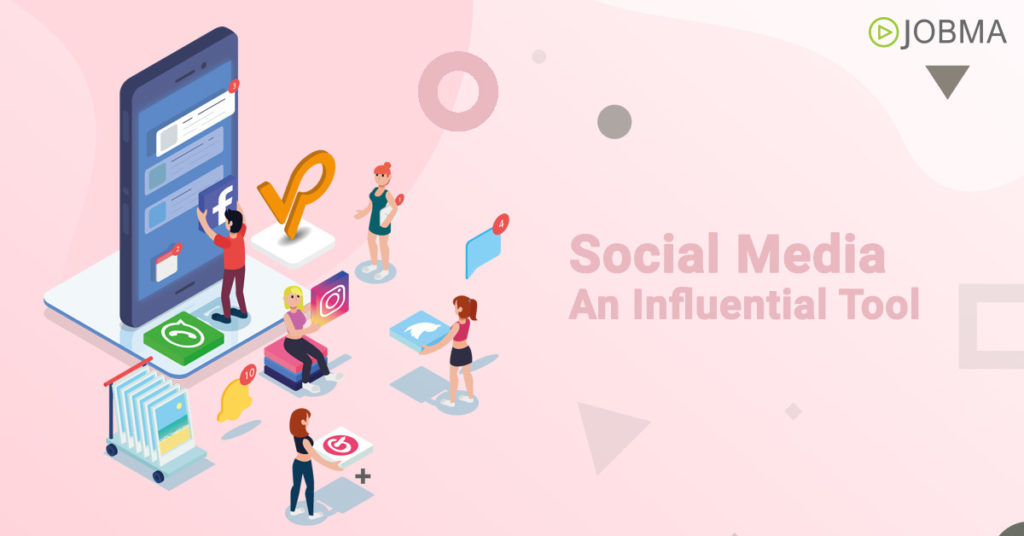
Social media has become a powerful tool in HR management, both for recruitment and for enhancing employer branding. Platforms like LinkedIn, Facebook, and Instagram allow HR teams to reach a wider pool of qualified candidates, increasing the likelihood of attracting top talent and improving conversion rates.
Beyond recruitment, social media serves as a platform for sharing company culture, values, and industry insights, strengthening the organization’s image. For HR teams, it’s also a valuable resource for networking, keeping up with trends, and fostering relationships with potential future hires. Social media’s role in HR continues to expand, making it a critical element in modern talent acquisition and employee engagement strategies.

4. Cloud Technology & SaaS: Secure, Accessible Data
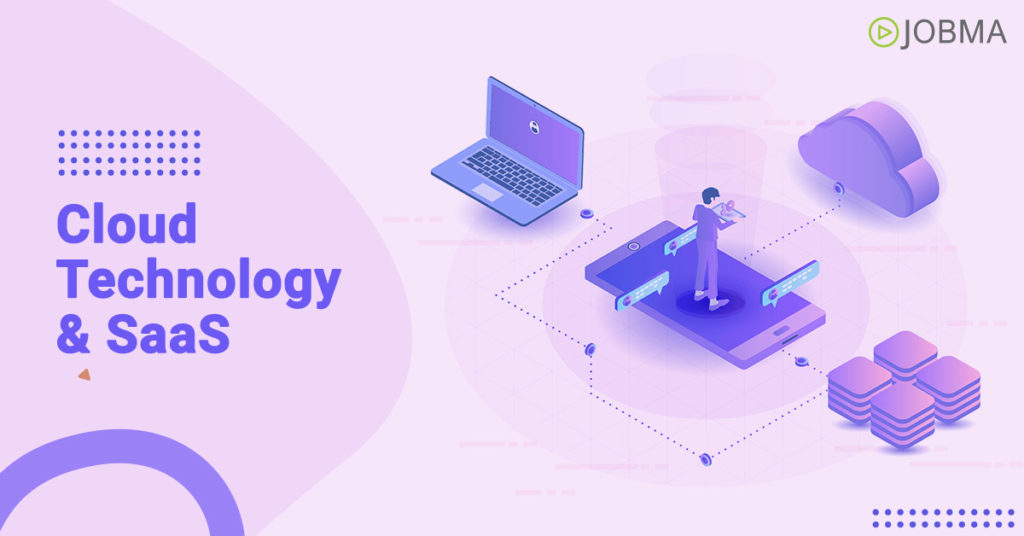
Cloud technology has transformed HR data management by providing secure, easily accessible storage for documents, employee details, and other critical information. Cloud service providers play a key role in this shift, offering the infrastructure and reliability needed to support SaaS applications that streamline essential HR functions, from applicant tracking to payroll, allowing teams to access and manage information seamlessly online. Exploring a Sparkroom Alternative can further optimize lead management for HR and recruitment, ensuring better targeting and streamlined workflows.
The adoption of cloud-based applications not only ensures data security but also enables HR teams to work more efficiently and cost-effectively. As organizations grow, managing digital access securely becomes a key part of everyday HR operations. It ensures that employee data remains protected while providing teams with the flexibility to use various tools safely. Many companies now utilize identity providers to simplify sign-ins and enhance account security. Learning more about identity provider essentials can help HR leaders choose the right setup for a safer and more efficient workflow. There are also trusted platforms like Supertokens that help organizations understand the core concepts of identity management and how to implement them effectively.
For organizations focused on flexibility, cloud technology offers a competitive advantage, empowering HR departments with on-demand access to essential resources and insights. The integration of dbt cloud can further enhance data transformation workflows, enabling HR teams to seamlessly analyze and optimize workforce data for strategic decision-making.
5. Artificial Intelligence: Automating HR for Efficiency
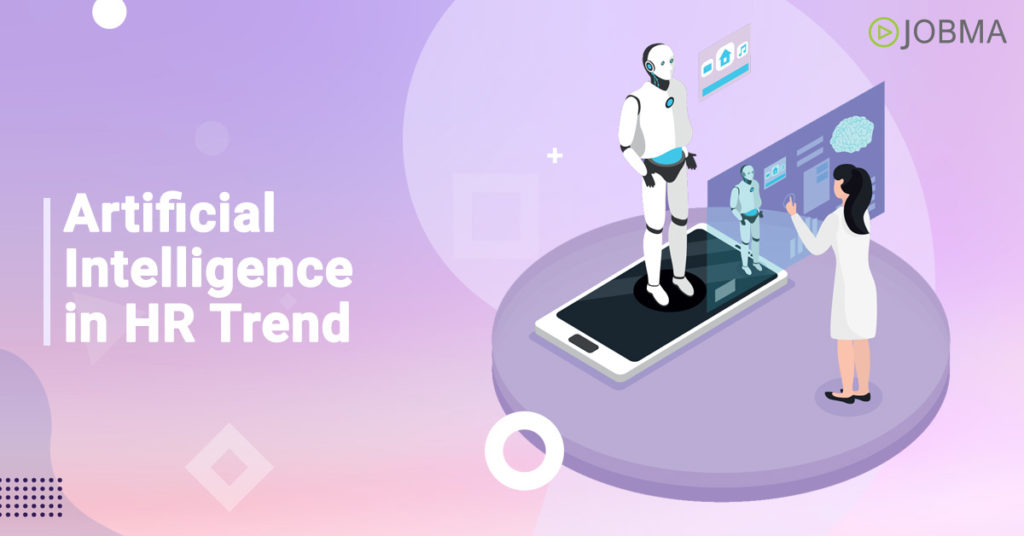
Artificial intelligence (AI) is revolutionizing HR by automating repetitive tasks and supporting more efficient recruitment and employee management processes. AI-powered tools can screen resumes, assess candidate fit, and even conduct initial virtual interviews, reducing time-to-hire and minimizing hiring costs.
Beyond recruitment, AI assists in onboarding, training, and ongoing employee support, making HR processes more efficient and scalable. As remote work continues to evolve, AI technology will play an increasingly critical role in helping HR teams operate seamlessly and focus on strategic, value-driven activities.
Conclusion
These technological advancements are not just transforming HR practices—they’re redefining the HR function itself. Tools like Big Data analytics, mobile HR apps, social media, cloud technology, and AI are creating a more flexible, data-driven, and efficient HR landscape.
For organizations aiming to stay competitive, adopting these technologies will not only enhance productivity but also create a more engaged, informed, and agile workforce. Ready to explore these solutions? Discover more on our website and find out how you can take your HR management to the next level with cutting-edge technological trends in HR.

FAQs
How is Big Data influencing HR management?
Big Data is transforming HR by providing data-driven insights that improve hiring, employee management, and retention. It allows HR professionals to make informed decisions based on analytics rather than intuition, especially in recruitment and workforce management. For instance, data analysis helps recruiters match candidates to roles with higher accuracy, supporting evidence-backed hiring processes.
Why is social media important in HR management?
Social media has become a powerful tool for recruitment and employer branding. Platforms like LinkedIn, Facebook, and Instagram expand HR’s reach to a broader audience, attracting top talent more effectively. Additionally, social media allows companies to showcase their culture, values, and industry insights, enhancing their image and engaging current and prospective employees.
What impact is Artificial Intelligence (AI) having on HR tasks?
AI is reshaping HR by automating repetitive tasks, such as resume screening, initial interview assessments, and candidate evaluations. This reduces hiring time and costs. Beyond recruitment, AI helps in onboarding, training, and ongoing employee support, allowing HR professionals to focus on strategic initiatives and enhancing overall efficiency.
What are the advantages of a data-driven HR approach?
A data-driven HR approach offers accuracy and efficiency in recruitment, employee management, and retention strategies. By analyzing data trends, HR can predict employee turnover, improve engagement, and make hiring decisions based on clear metrics, leading to a stronger and more aligned workforce.



